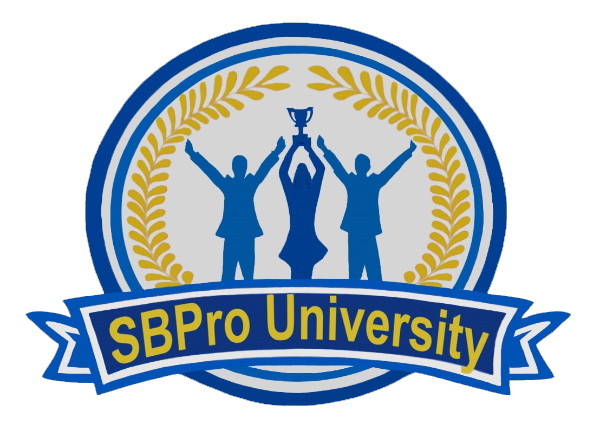Learn to Lead and Lead to Learn
Your business can only progress as far as you are prepared to lead it. In business, there is so much you must know that it is impossible to know it all, which is why it is so important to continually develop your knowledge and leadership skills. The hallmark of a successful leader in the current environment is the ability to “Win Friends and Influence People” as outlined in Dale Carnegie’s book. Everybody’s leadership journey is different, but all leadership journeys combine both learning to lead and leading to learn. This is standard practice in the military, a preeminent leadership development organization.
The military utilizes structure and focuses on training to develop leadership throughout the organization. After basic leadership training in ROTC, OCS or the Academies, officers are put into responsible positions where they lead others. They must figure out how to lead successfully despite being put in charge of soldiers and sailors who are older, longer tenured, and more experienced. Their leadership training is helpful, but not sufficient, so they learn a lot by actually leading others. Some officers are more successful than others, but all of them become better leaders by learning from leading in addition to learning to lead. Two important leadership lessons Colin Powell learned from a senior officer are:
“People take their cues from the leader so if you look cold, tired, and hungry, your troops will be cold tired and hungry.”
“Leaders don’t make people follow them, so you will know you’re a good leader if people follow you, if only out of curiosity.”
Leadership development in business should be like how it is done in the military since successful leaders learn about leading from others while also learning by leading others throughout their careers. Best practices for business leadership include:
Working for others initially because you must learn how to follow if you ever want to lead others successfully.
Leadership skills assessment because the more you understand yourself and the way you come across, the better you will be able to lead others.
Continually developing and utilizing communication skills to build relationships and influence people more effectively.
Learning to analyze information to be more informed and make better decisions.
Supporting and empowering others while holding them accountable for accomplishing their work.
Delegating work to develop future leaders and focus on the key drivers of future success – things that are not urgent but important.
Managing upward (internal) and outward (external) to gain access to important resources, valuable opportunities, and critical information.
The formula for effective leadership involves following these best practices, continually learning, and embracing/driving organizational change. Leaders can use this formula to create a strong culture that is aligned with organization objectives and yields breakthrough results.


